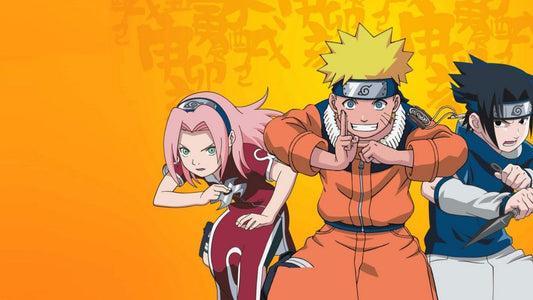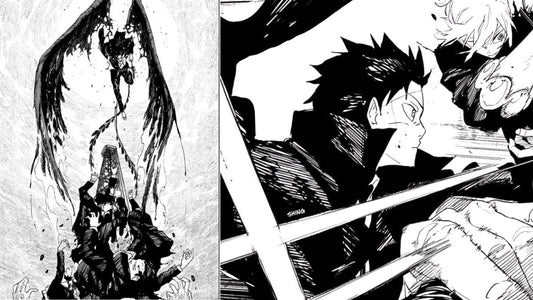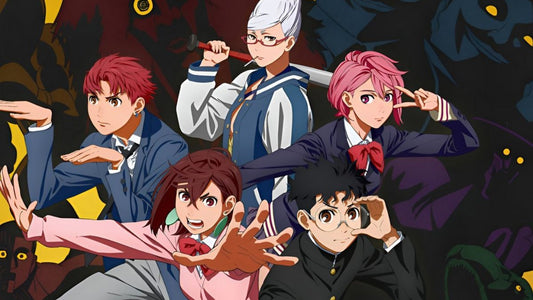
Aizen's Redemption Path: Bleach's Thousand-Year Blood War Arc Unfolds
Jared JohnsonShare
Bleach: Thousand-Year Blood War is Setting Up the Ultimate Redemption Arc
In the latest saga of "Bleach: Thousand-Year Blood War," Sosuke Aizen emerges as a pivotal character. Once the primary antagonist and mastermind behind the betrayal of the Soul Society, Aizen now finds himself amidst a chaotic battlefield. This arc introduces King Yhwach, the Quincy leader, threatening the very fabric of the world by aiming to merge realms. In this context, the stage is set for Aizen to transition from villain to potential savior.
Aizen: The Unpredictable Wild Card
Aizen's presence adds an aura of unpredictability to the series. Known for his cunning intellect and disdain for both Soul Reapers and the Wandenreich, Aizen poses a unique challenge. With Captain Shunsui Kyoraku seeking his aid against Yhwach, Aizen becomes an uncertain ally. His refusal of Yhwach's past offers suggests a hidden agenda, making the dealings with him fraught with tension and anticipation.
Steps Toward Redemption
The question looms large: Can Aizen be redeemed? So far, he has shown signs of assisting the Soul Reapers. Instances like using his spiritual pressure to fend off adversaries and offering strategies to defend against Yhwach indicate a shift. Despite his notorious past, these actions highlight Aizen's willingness to engage in the current battle in a constructive manner.
Aizen's Path to Atonement
A full-fledged apology from Aizen seems unlikely. His personality, defined by arrogance and ambition, does not align with a traditional redemption arc filled with remorseful declarations. Instead, his path to atonement is through actions. By contributing tactically against Yhwach, Aizen shows progress from his previous tyrannical pursuits. His pragmatic approach echoes a balance of good and evil, underscoring his complex character.
Comparisons with Other Anime Villains
Aizen's story invites a broader discussion on villain redemption in anime. While truly despicable characters like Frieza from "Dragon Ball Z" remain irredeemable due to their inherent malice, others, like Gaara from "Naruto," demonstrate potential through environmental or situational changes. Aizen occupies a space between these extremes, offering aid yet lacking visible regret, paralleling characters like Endeavor from "My Hero Academia."
Aizen's Redemption vs. Endeavor's Arc
Endeavor's redemption involved genuine remorse, driven by a desire to atone through both words and actions. In contrast, Aizen's focus on actions over words establishes a distinct narrative. This storyline distinguishes itself by showing a former adversary striving to balance his karma through deeds rather than emotional transformation. It's an exploration of how redemption can manifest differently, depending on the character's inherent nature and past choices.
Conclusion: Aizen's Ultimate Redemption
In "Bleach: Thousand-Year Blood War," Aizen's journey invites viewers to reconsider the dynamics of redemption. His ongoing contributions against Yhwach signify a bid to tilt his moral compass towards a semblance of virtue. While an overt redemption may remain out of reach, his practical gestures in favor of saving the realm add a fascinating layer to his character. Fans continue to speculate as the series progresses, eagerly awaiting the resolution of Aizen's complex arc.



